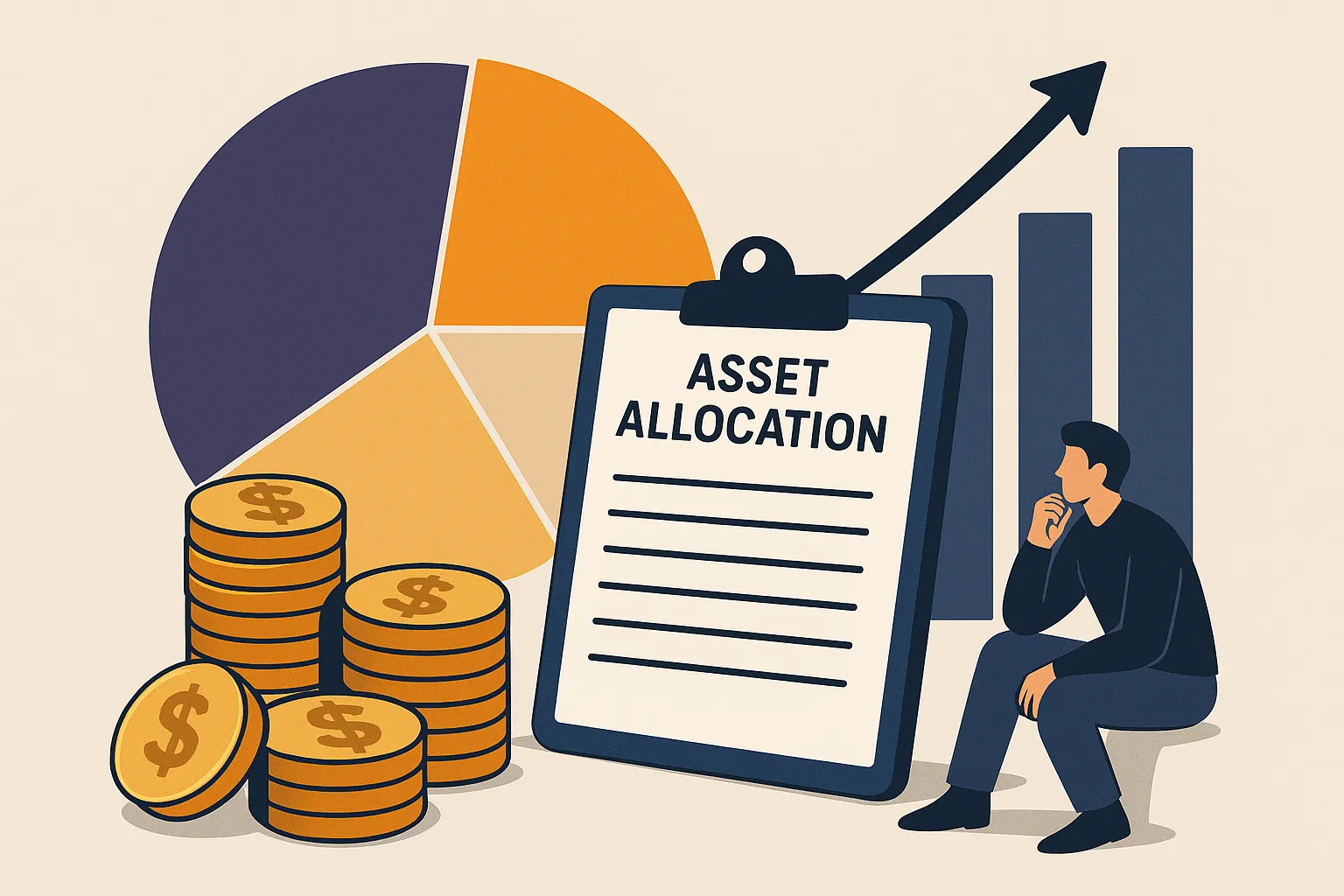High-End Property Investments: A Guide to Luxury Real Estate

Investing in luxury real estate can offer not only financial returns but also exclusive access to some of the world’s most valuable real estate assets. Whether you’re looking to diversify your portfolio or exploring high-end investments for the first time, this guide covers the usefulness of investing in luxury real estate—from understanding the market to practical tips for getting started.
Key Takeaways
- Profitable Yet Demanding Investment: Luxury real estate can yield high returns and long-term appreciation, especially in exclusive, high-demand locations.
- Diversification and Stability: Luxury properties offer tangible assets that can be occupied or rented out, adding diversification and stability to an investment portfolio.
- High Risks and Costs: Investing in high-end properties requires financial planning to manage market volatility, maintenance costs, and low liquidity.
- Investment Approaches: Common strategies include buying and holding for appreciation, renting to tourists, and renovating for resale—each with distinct benefits and risks.
- Tax and Financing Considerations: Luxury properties often require larger down payments and customized interest rates. Using tools like PortfolioPilot.com and seeking expert guidance can help manage tax complexities and optimize investment outcomes.
What Are High-End Property Investments?
High-end property investments focus on luxury real estate ventures, such as exclusive neighborhoods, beachfront villas, or resort estates. These properties stand out for their premium locations, sophisticated design, and desirable amenities like private pools, high-end security systems, and striking architectural features. Investing in these properties often means access to markets that appreciate faster and attract high-profile buyers and renters.
Why Invest in Luxury Real Estate?
Investing in high-end properties can offer unique benefits beyond traditional real estate. Here’s why luxury properties can be appealing:
- Potential for High Returns: Luxury properties in prime locations often appreciate faster than conventional homes due to their limited availability and strong demand.
- Tangible Asset: A luxury property is a physical asset you can enjoy or even live in, providing a tangible benefit during times of market volatility.
- Rental Income: Properties in high-demand vacation or business areas can be rented, providing steady income. Platforms like Airbnb enable short-term rentals, opening up additional income potential.
Key Considerations Before Investing
Here are some key factors to consider before entering the luxury real estate market:
1. Market Trends and Research
The luxury real estate market is driven by factors like international demand and economic shifts. Reviewing current data, such as recent luxury real estate reports, and staying informed on local real estate regulations is important. Focus on regions with consistent growth trends. Specific neighborhoods, such as Coconut Grove, have seen property values increase by up to 24%, while areas like Miami Beach experienced a 10% rise in recent years, largely influenced by strong international demand and high-net-worth buyers. (note: positive historical returns do not necessarily mean they will continue to return well)
2. Location Is Key
Location is crucial, particularly for luxury properties. Premium locations with features like unique views, city center proximity, or beachfront access tend to retain value more easily. When assessing a property, consider factors like neighborhood stability, accessibility, and future development to ensure long-term appeal.
Hypothetical Scenario: You’re evaluating a coastal villa that offers privacy but is far from necessary amenities like airports, hospitals, and restaurants. Consider whether this location may limit its appeal to a broader group of buyers or renters.
3. Simplified Property Management and Financing
Managing luxury properties often requires specialized attention due to advanced amenities. A property manager experienced in high-end assets can simplify upkeep and ensure value retention.
- Financing and Tax Tips: Financing a luxury property may require larger down payments and customized terms. Consulting a lender specializing in high-end properties can help outline available financing options. Additionally, high-end properties often carry higher property taxes, and exploring potential deductions or tax breaks with a tax advisor is useful to fully understand these obligations. For those seeking continuous tax insights, tools like PortfolioPilot.com offer features that allow investors to monitor capital gains, estimate tax impacts, and identify opportunities for tax-loss harvesting. Combining such tools with professional advice may help investors manage the unique tax implications associated with luxury assets more effectively.
Potential Risks of Investing in Luxury Real Estate
While the benefits are compelling, luxury real estate investing involves unique risks:
- Market Volatility: Luxury real estate is sensitive to global economic shifts, with prices often fluctuating based on economic conditions.
- High Maintenance Costs: Premium properties generally have higher maintenance expenses. Budgeting for ongoing costs is important to ensure consistent property value.
- Liquidity: Luxury properties can take longer to sell than traditional real estate, as they cater to a more selective buyer base.
By understanding these risks and planning accordingly, you can better prepare for potential fluctuations in the luxury market.
Investment Strategies Simplified
Investing in luxury real estate can take various forms depending on goals and market trends. Here are simplified strategies presented in a quick-reference list:
- Buy and Hold for Appreciation: Ideal for investors seeking long-term growth in established markets.
- Vacation Rentals: Generate income by renting out properties in high-demand tourist or business areas.
- Renovation and Resale: Increase property value by upgrading an older luxury property to meet current standards and trends.
Simplified Tax and Financing Considerations for High-End Properties
Luxury real estate can often come with distinct tax and financing requirements:
- Financing Differences: Luxury mortgages generally require larger down payments and customized interest rates. Speak with a lender who specializes in high-end properties.
- Unique Tax Considerations: High-end properties frequently come with higher property taxes and unique tax implications if rented or resold. Consult a tax advisor to explore potential deductions, rental income taxes, and capital gains tax implications.
First Steps: Tips for New Investors in Luxury Real Estate
For readers new to luxury real estate, here’s a beginner-friendly approach to entering the market:
- Start with Market Research: Review recent luxury property reports and explore locations with steady demand growth.
- Set Clear Investment Goals: Define if you want rental income, property appreciation, or personal use. If your primary goal is consistent rental income, it may be helpful to explore strategies such as positive gearing in property. While more common in mid-range markets, this approach can help rental returns exceed property expenses, offering a more stable income stream that may appeal to conservative investors entering the luxury space.
- Consult Professionals: Real estate agents, tax advisors, and mortgage brokers specializing in luxury real estate can provide valuable insights. Ask them specific questions like:
- What tax implications should I be aware of for high-value rentals?
- Are there financing programs tailored to luxury investments?
- What are the best locations for long-term value growth in luxury real estate?
How optimized is your portfolio?
PortfolioPilot is used by over 30,000 individuals in the US & Canada to analyze their portfolios of over $30 billion1. Discover your portfolio score now:






